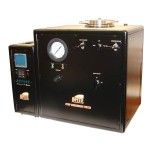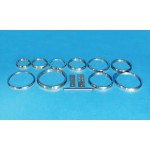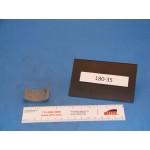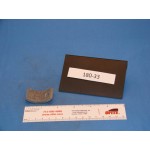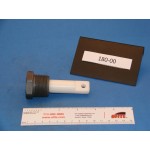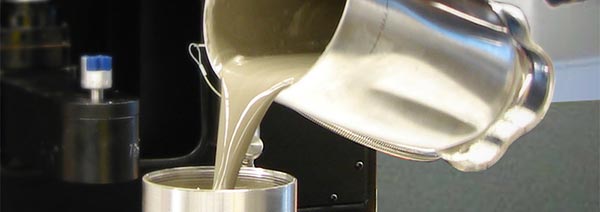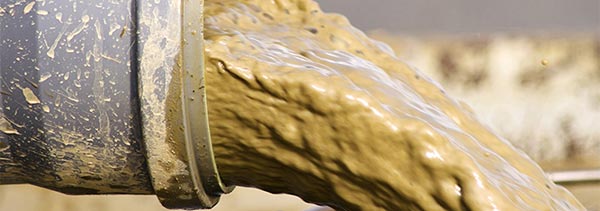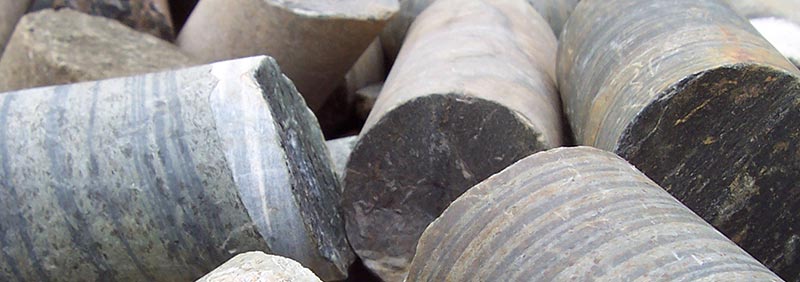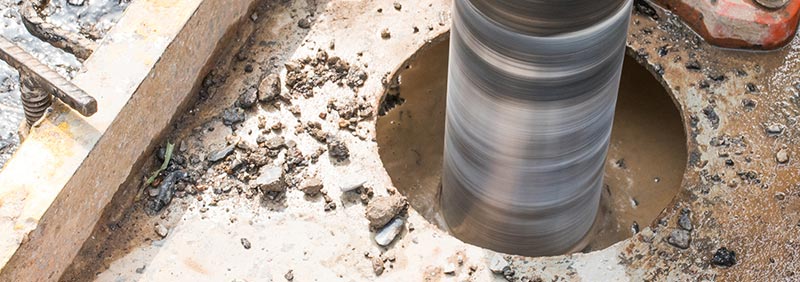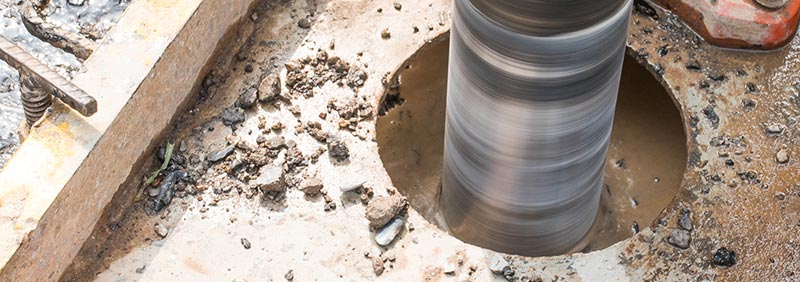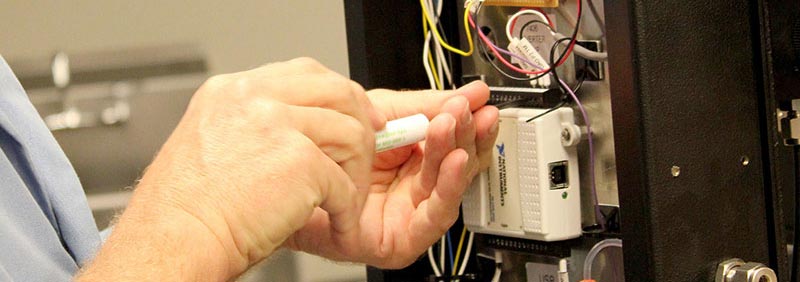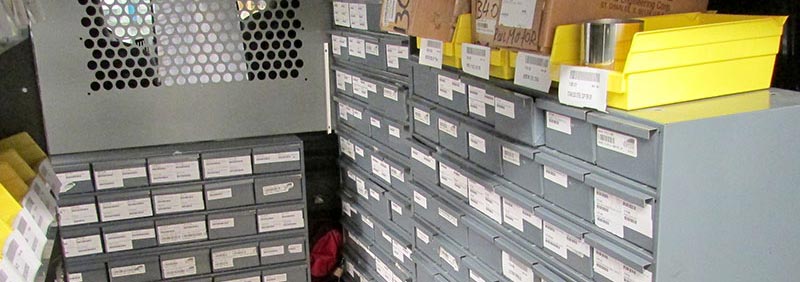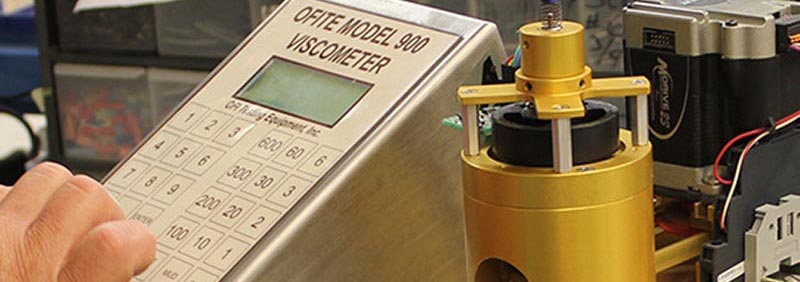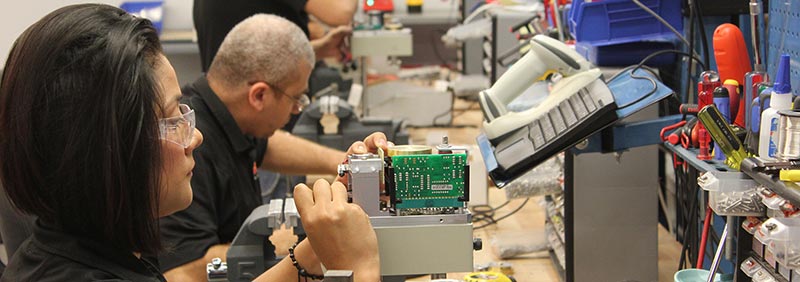Corrosion Testing
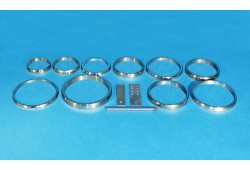
Corrosion is the destruction of a metal by a chemical or electrochemical reaction within its environment. It is a costly and severe problem in the drilling industry. Because tubular goods are mostly iron and most drilling fluids are water-based, corrosion is inevitable. To aid in providing corrosion protection, special chemicals may be added to the fluid system. Pre-weighed corrosion rings are the most effective way of measuring the corrosivity of the drilling fluid and the benefits of any treatment. Corrosion rings, made from metal similar to that used to make drill pipe, are sized to fit into the relief groove in the tool joint box. After exposure in the system (usually for a minimum of 80 hours), the rings are retrieved, cleaned, and re-weighed to within 1/10 milligram. The weight loss is attributed to corrosion and is calculated and reported as lb/ft2/yr or mils per year (MPY). For best results, rings should be re-weighed as soon as possible after removal from the system and may be returned to OFITE for weighing and analysis. OFITE inventories a complete selection of drill pipe corrosion rings to fit most sizes of drill pipe, and each ring size is listed in order of best fit.
Corrosion coupons (flat and rod shaped) are mounted on the appropriate coupon holder and usually placed inside an aging cell, but sometimes directly in the flow line at the rig site. Testing is based upon the same principles as the corrosion rings. A simple formula gives a corrosion rate per year.

